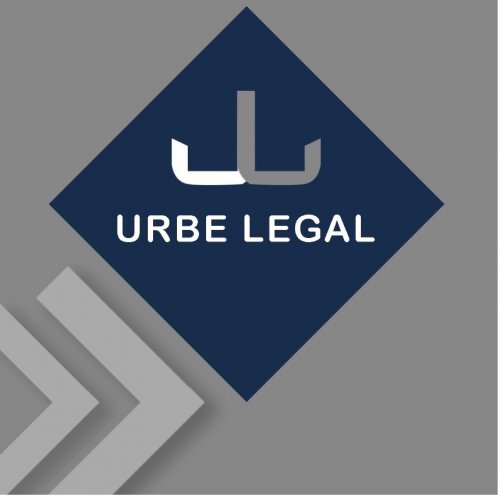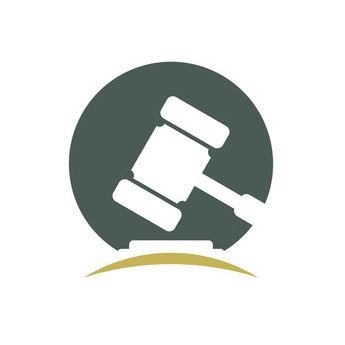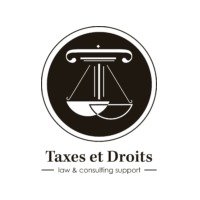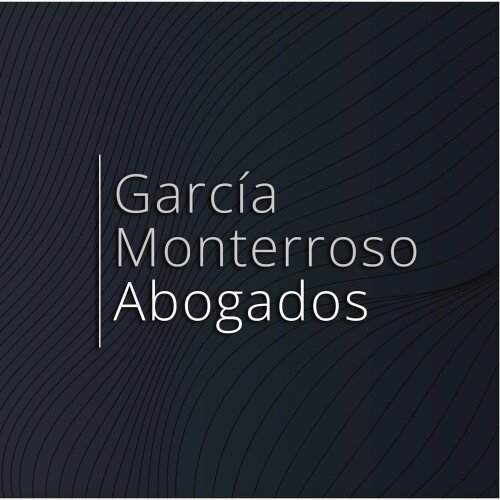Best Antitrust Litigation Lawyers in Guatemala
Share your needs with us, get contacted by law firms.
Free. Takes 2 min.
Or refine your search by selecting a city:
List of the best lawyers in Guatemala
About Antitrust Litigation Law in Guatemala
Antitrust litigation in Guatemala involves legal proceedings related to the enforcement and interpretation of laws that promote fair competition and prohibit anti-competitive practices. These laws are designed to protect consumers and businesses by preventing monopolies, cartels, and other practices that restrict competition in the market. Although Guatemala's antitrust legal framework is still developing, the regulatory environment aims to ensure that businesses operate on a level playing field and comply with principles essential for a healthy market economy.
Why You May Need a Lawyer
Legal assistance is often necessary in antitrust litigation due to the complexity of the laws and the significant impact that competition disputes can have on businesses and individuals. You may require an antitrust lawyer if:
- You believe your business is the victim of anti-competitive practices, such as price-fixing or market allocation by competitors.
- Your company faces an investigation by competition authorities for suspected violation of competition laws.
- You wish to file a complaint against another business engaging in monopolistic or cartel behavior.
- You need guidance to ensure that mergers, acquisitions, or other business arrangements comply with competition laws.
- You are addressing regulatory compliance issues related to distribution agreements, pricing strategies, or supplier relationships.
- You have received a cease and desist notice or are being sued in a competition-related matter.
In all these cases, an experienced antitrust lawyer can provide critical guidance, represent your interests in negotiations or court proceedings, and help navigate investigations by authorities.
Local Laws Overview
Guatemala's antitrust regulation is primarily guided by the Constitution, which upholds the principle of free competition, and by various laws that regulate unfair competition and monopolistic practices. Although Guatemala does not yet have a comprehensive competition law, several legal instruments address anti-competitive conduct. These include:
- The Constitution of Guatemala, especially Article 130, prohibits monopolies and oligopolies.
- The Commercial Code and Civil Code, which set standards for commercial activities and contracts, including prohibitions on certain unfair practices.
- The Law to Protect Competition, which has been proposed but not yet fully enacted, is expected to establish a national competition authority and clearer enforcement mechanisms.
- Certain sector-specific regulations, such as those governing telecommunications and banking, also contain anti-monopoly provisions.
Enforcement is primarily administrative, with oversight often managed by sector regulators and, occasionally, through court action. The evolving legislative landscape means that businesses must stay alert for legal updates.
Frequently Asked Questions
What is considered anti-competitive behavior in Guatemala?
Anti-competitive behavior includes actions that limit, distort, or prevent effective competition, such as price-fixing, bid-rigging, abuse of dominant position, and exclusionary agreements between competitors.
Does Guatemala have a dedicated competition authority?
Guatemala does not currently have a single competition authority. However, various sector regulators may enforce competition principles within their fields. There are ongoing discussions about establishing a centralized authority.
Can private parties initiate antitrust litigation?
Yes, businesses and individuals can bring claims before the civil courts alleging anti-competitive conduct if they can demonstrate harm or loss resulting from such practices.
Are cartels illegal in Guatemala?
Yes, cartels are considered illegal under the Constitution and general principles of commercial law. Agreements to fix prices, limit production, or divide markets are prohibited.
How are monopolies regulated?
Monopolistic practices are generally prohibited, especially if they harm consumers or competitors. However, legal monopolies may exist when granted by the state for public interest purposes.
What penalties can result from violating competition laws?
Penalties can include fines, orders to stop anti-competitive behavior, nullification of agreements, damage awards, and in some cases, criminal sanctions for particularly egregious conduct.
Is merger control part of Guatemala's antitrust laws?
There is currently no general merger control regime in Guatemala, but certain sectors such as banking and telecommunications require regulatory approval for mergers and acquisitions.
How can a business ensure compliance with competition laws?
Businesses should implement compliance programs, regularly review contracts and business practices, train staff on competition issues, and consult legal counsel before entering agreements with competitors.
What should I do if my business is accused of anti-competitive practices?
Seek legal advice immediately. A lawyer can help you understand the allegations, gather supporting evidence, cooperate with authorities, and, if necessary, defend your business in court.
Are foreign companies subject to Guatemalan antitrust laws?
Yes, if their conduct has an effect on the Guatemalan market, foreign companies must comply with local competition principles and may face investigation or sanctions for violations.
Additional Resources
Individuals and businesses needing more information about antitrust litigation in Guatemala may consider the following resources:
- Ministry of Economy (Ministerio de Economía) - Responsible for economic policy and business regulation.
- Guatemalan Bar Association (Colegio de Abogados y Notarios de Guatemala) - Offers directories of legal professionals.
- Sector regulators such as the Superintendency of Banks and the Superintendency of Telecommunications - Oversee competition in their respective industries.
- International organizations including the United Nations Conference on Trade and Development and the Organization of American States often provide reports and guidance on competition policy in Latin America.
Next Steps
If you believe you are affected by anti-competitive conduct or need legal guidance on competition issues:
- Document all relevant facts, including contracts, communications, and evidence of the behavior in question.
- Seek advice from a lawyer with experience in antitrust or commercial law in Guatemala.
- Contact relevant authorities or sector regulators if you suspect a violation has occurred.
- Monitor legal developments, as Guatemala's antitrust framework continues to evolve.
- Participate in preventative compliance training and ensure all business practices are legally vetted.
Taking prompt action with professional legal counsel can help protect your interests and ensure compliance with competition laws in Guatemala.
Lawzana helps you find the best lawyers and law firms in Guatemala through a curated and pre-screened list of qualified legal professionals. Our platform offers rankings and detailed profiles of attorneys and law firms, allowing you to compare based on practice areas, including Antitrust Litigation, experience, and client feedback.
Each profile includes a description of the firm's areas of practice, client reviews, team members and partners, year of establishment, spoken languages, office locations, contact information, social media presence, and any published articles or resources. Most firms on our platform speak English and are experienced in both local and international legal matters.
Get a quote from top-rated law firms in Guatemala — quickly, securely, and without unnecessary hassle.
Disclaimer:
The information provided on this page is for general informational purposes only and does not constitute legal advice. While we strive to ensure the accuracy and relevance of the content, legal information may change over time, and interpretations of the law can vary. You should always consult with a qualified legal professional for advice specific to your situation.
We disclaim all liability for actions taken or not taken based on the content of this page. If you believe any information is incorrect or outdated, please contact us, and we will review and update it where appropriate.
Browse antitrust litigation law firms by city in Guatemala
Refine your search by selecting a city.

















